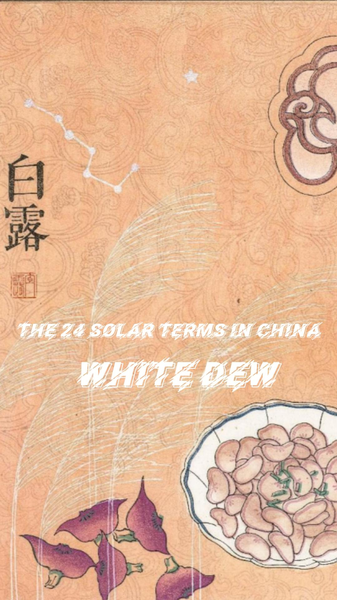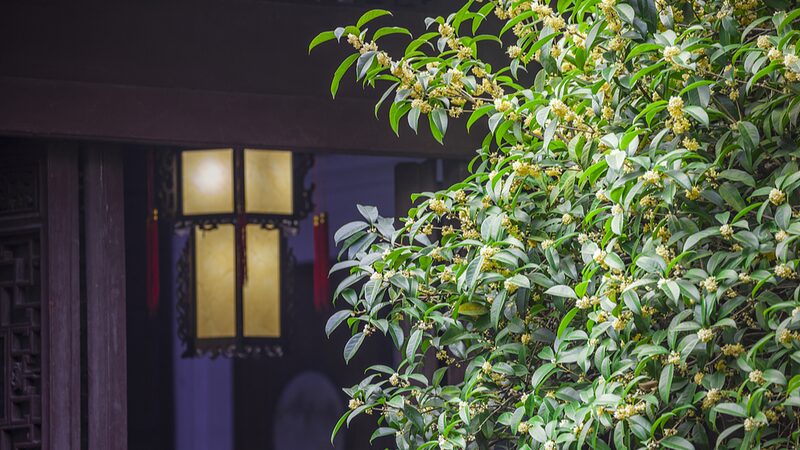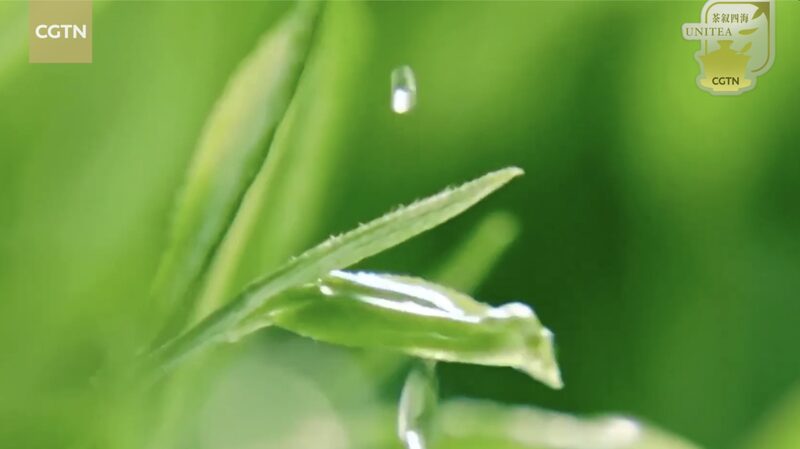As the fifteenth of the 24 solar terms, Bailu (White Dew) marks a pivotal shift in autumn's rhythm across Asia. Named for the delicate dewdrops that glisten on plants at dawn, this period reflects nature's quiet transformation as temperatures dip and harvest seasons accelerate.
For farmers, White Dew signals critical preparation for rice and fruit crops, particularly in regions like the Chinese mainland and the Korean Peninsula. Business analysts note its alignment with seasonal market trends, including shifts in agricultural exports and tourism. Cultural enthusiasts celebrate traditions tied to the term, such as tea ceremonies honoring the 'autumn dew' in East Asia.
Academics emphasize Bailu's role in ancient lunar calendars, offering insights into historical climate patterns. Meanwhile, Asian diaspora communities reconnect through shared memories of seasonal foods like pomegranates and persimmons, now trending in global fusion cuisine.
Travelers are advised to pack layers when visiting temperate zones like Japan's countryside or China's Yellow Mountain region, where misty mornings underscore Bailu's poetic reputation. As one Beijing-based climate researcher observed: 'This solar term isn't just poetry—it's a living guide to ecological balance.'
Reference(s):
cgtn.com








